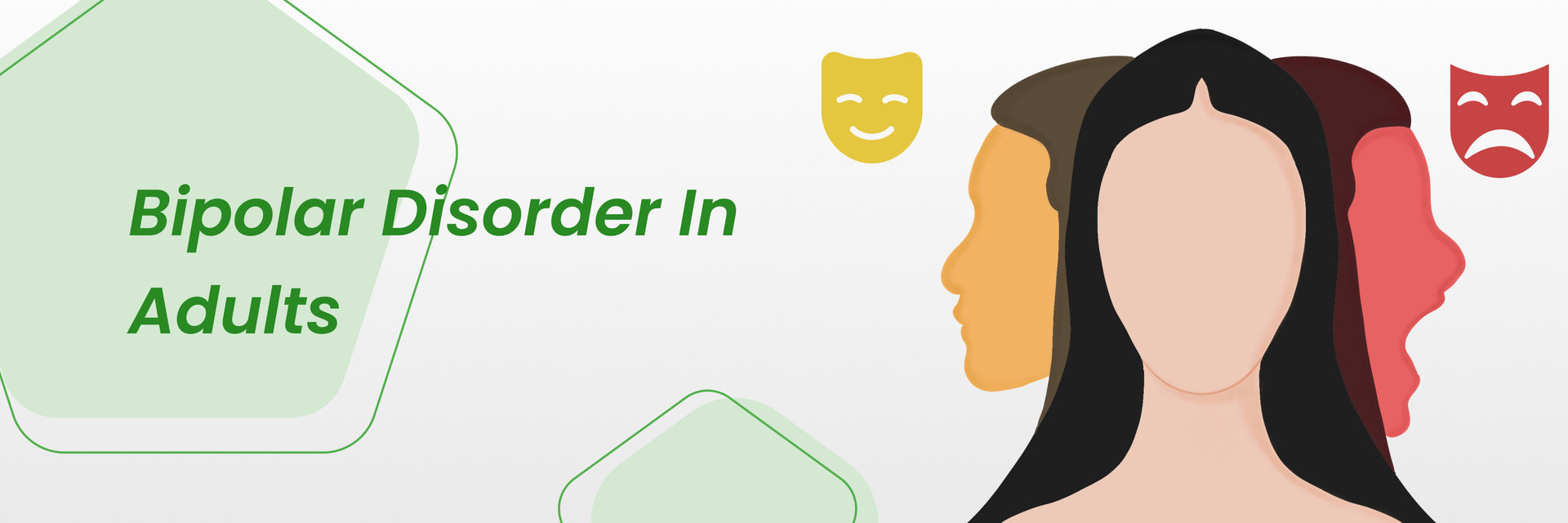While obesity is commonly seen as a physical health issue, its impact on mental health is profound and complex. Obesity is characterized by too much body fat. It is a growing global health concern. Its implications extend beyond physical health, affecting mental well-being. Mental health can cause obesity and vice versa. Understanding this link is crucial. It's key to making effective interventions to improve physical and mental health.
If you're struggling with weight and its impact on your mental health, these expert psychiatrists can help you. Contact them today to start your journey towards a healthier you!
Understanding obesity and mental health
Obesity is more than looks. It is a medical condition with serious health effects. Poor mental health can cause many issues, such as anxiety, depression, and other mood problems. Obesity and mental health are linked. Each affects the other in many ways. Obesity can lead to bad mental health. Mental conditions can increase obesity risk. This is due to factors including emotional eating, less exercise, and drug side effects.
Did you know?
People living with obesity are at a 30 to 70% higher risk of developing a mental illness.
- According to the National Family Health Survey (NFHS) conducted in 2019-2021, the prevalence of obesity among Indian adults (aged 15-49) was estimated to be around 20%.
- A study conducted at a bariatric clinic found that 33.33% of respondents with severe obesity (BMI over 40 kg/m²) had a mental health condition, most commonly depression and dysthymia.
- A North American study found that about 80% of 10,000 people diagnosed with schizophrenia, bipolar disorder, or depression were either affected by being overweight or lived with obesity.
So, what exactly is the link between obesity and mental health? Let's break it down and dive deeper to know how these two issues are interconnected.
The link between obesity and mental health is complex. It is influenced by biology, psychology, and society. Obesity raises the risk of mental health disorders. Living with one can lead to obesity due to medications or lifestyle. Research shows that obese people are at higher risk for depression, anxiety, and other mental challenges.
Ready to take control of your health? Book your appointment with our top psychiatrist to learn more about managing obesity and enhancing your mental well-being
How Does Obesity Influence the Risk and Severity of Depression?
Obesity can significantly increase the risk and severity of depression. Several mechanisms contribute to this relationship.
- First, chronic obesity-related inflammation can affect brain function and mood regulation.
- Second, the physical and social limitations caused by obesity, such as reduced mobility and social stigma, can lead to feelings of helplessness and low self-worth.
- Third, hormonal imbalances, particularly involving cortisol and insulin, can affect mood and energy levels.
Dr. Vikas Patel a renowned psychiatrist says, "Weight loss can significantly improve mental health conditions. By reducing body weight, individuals often experience enhanced self-esteem, reduced symptoms of depression, and a better overall mood. It's not just about physical health; it's about improving quality of life on multiple levels."
Can weight loss improve mental health conditions?
Losing weight can help mental health. But, how much it helps varies by person. Losing weight can boost self-esteem and body image. It can also improve physical health. This, in turn, can lower depression and anxiety. However, it is important to approach weight loss with a healthy mindset. Extreme dieting and unhealthy weight loss can harm mental health. They can cause eating disorders and more stress. A balanced approach is key. It includes healthy eating, regular exercise, and psychological support. It is crucial for lasting weight loss and better mental health.
Here’s a closer look for you at the mental health conditions most commonly associated with obesity. Keep scrolling and learning more about it.
What mental health conditions are linked to obesity?
- Depression: People with obesity have a higher risk of experiencing depression due to biological, psychological, and social factors associated with being overweight.
- Anxiety: Obesity can lead to increased anxiety, particularly in social situations or environments that may highlight physical limitations or stigma.
- Stress: Stress can lead to weight gain. Stress triggers the release of the hormone cortisol, which can increase appetite and cravings for high-calorie foods.
- Eating Disorder: This is a common eating disorder among obese individuals, characterized by recurrent episodes of eating large amounts of food, often quickly and to the point of discomfort.
- Bipolar Disorder: There is evidence to suggest a higher prevalence of obesity among individuals with bipolar disorder, possibly due to medication side effects and lifestyle factors.
Are there specific mental health therapies for people with obesity?
Yes, there are specific mental health therapies designed to address issues related to obesity.
Here are some effective options:
Cognitive Behavioral Therapy (CBT): This therapy helps individuals identify and change negative thought patterns and behaviors related to eating, body image, and weight management.
Interpersonal Psychotherapy (IPT): Focuses on improving interpersonal relationships and social functioning, which can significantly impact eating habits and self-esteem.
Behavioral Weight Loss Therapy: This combines behavioral changes, like diet and exercise modifications, with psychological support to address emotional eating and other psychological barriers to weight loss.
Mindfulness-Based Interventions: These therapies, including mindfulness-based stress reduction and mindfulness-based eating awareness training, help individuals develop a healthier relationship with food and body image.
Tips for improving your physical and mental health
Healthy Eating: Focus on a balanced diet of fruits, vegetables, lean proteins, and whole grains. Avoid highly processed foods and sugary beverages.
Regular Exercise: At least 150 minutes of moderate-intensity exercise per week, such as walking, cycling, and swimming, can improve physical and mental health.
Stress Management: To manage stress and improve mental well-being, practice mindfulness techniques such as meditation, deep breathing, and yoga.
Social Support: Maintain strong social connections with family and friends. Social support can provide emotional comfort and help reduce feelings of isolation.
Don't let obesity and mental health issues hold you back. Schedule your consultation with an experienced psychiatrist and dietician to get personalized support and treatment.
Conclusion
The link between obesity and mental health is complex. However, knowing the connections can lead to better treatments and interventions. Individuals can improve their health and well-being by addressing the body and mind, breaking the cycle of obesity and poor mental health.






